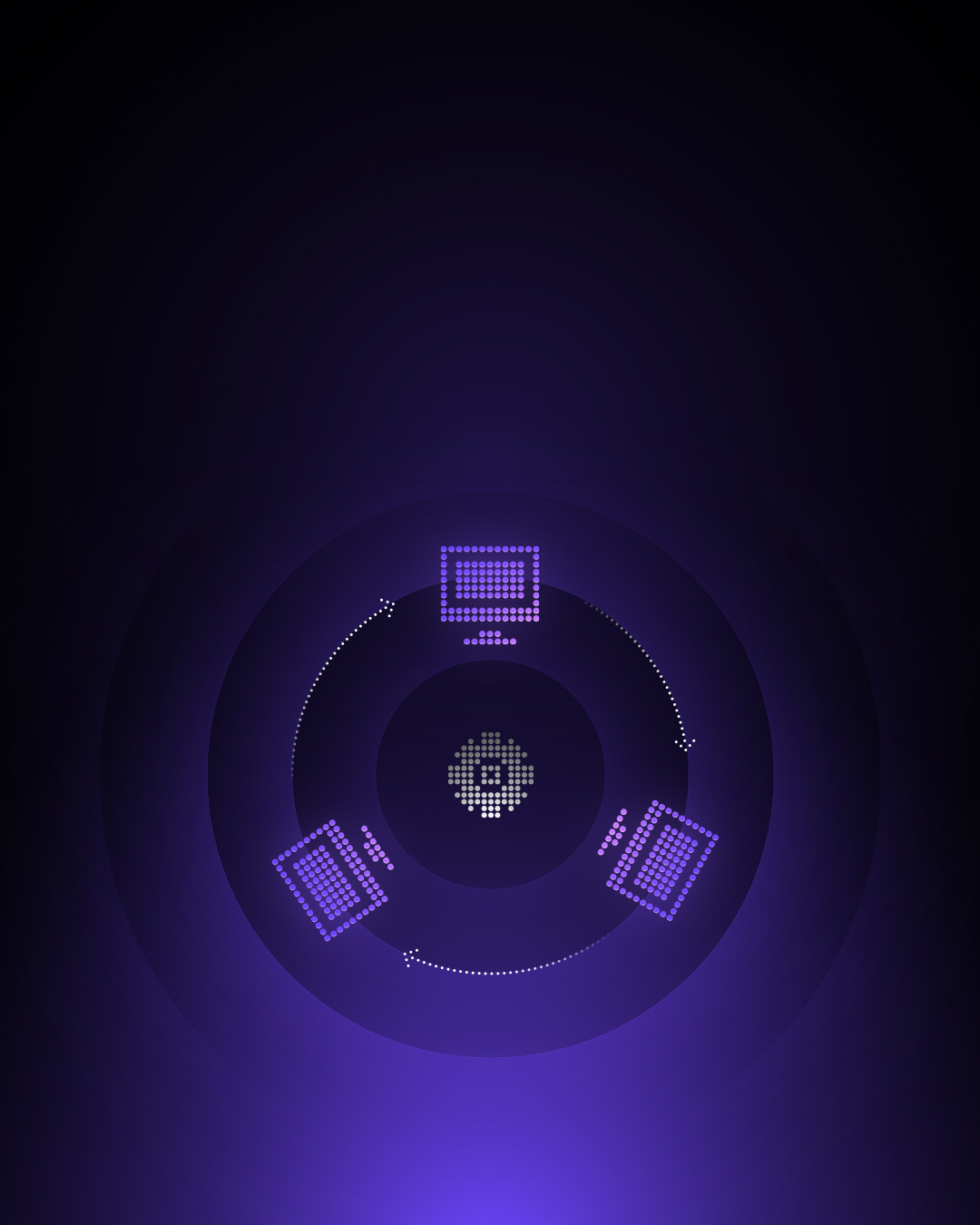
Abstract
The Arcium Network introduces a decentralized, confidential compute protocol powered by secure Multi-Party Computation (MPC) and a bespoke token-economic model. By combining state-of-the-art MPC protocols with the latest blockchain infrastructure, Arcium enables scalable, trustless execution of privacy-preserving computations—from confidential voting to federated machine learning.
At the core of the Network lies the ARX token, a dynamically adjusting utility token designed to self-balance computational supply and demand. Through a mint-and-burn mechanism tied to the Network’s usage, ARX incentivizes early node deployment during bootstrapping phases while ensuring long-term sustainability via deflationary pressure during periods of high demand. Node operators stake ARX to unlock hardware resources proportional to their attested computational capabilities, aligning infrastructure growth with real-world Network demand.
Arcium’s disintermediated architecture and crypto-economic incentive design enable a self-reinforcing ecosystem where participants—node operators, delegators, and Computation Customers—collectively drive Network efficiency. By anchoring token utility to physical hardware provisioning and on-chain governance, Arcium pioneers a paradigm where on-demand confidential compute becomes both economically sustainable and universally accessible.
Key innovations include Multi-Party eXecution Environments (MXEs) enabling self-contained Byzantine fault tolerant MPC execution, on-chain computational priority fee markets, and a dynamic token supply providing resilience to market conditions. The result is a Network poised to scale from niche cryptographic operations to enterprise-grade confidential computing, all governed by transparent, incentive-aligned mechanics.
.svg)










.svg)




.svg)

























.jpg)





.jpg)
